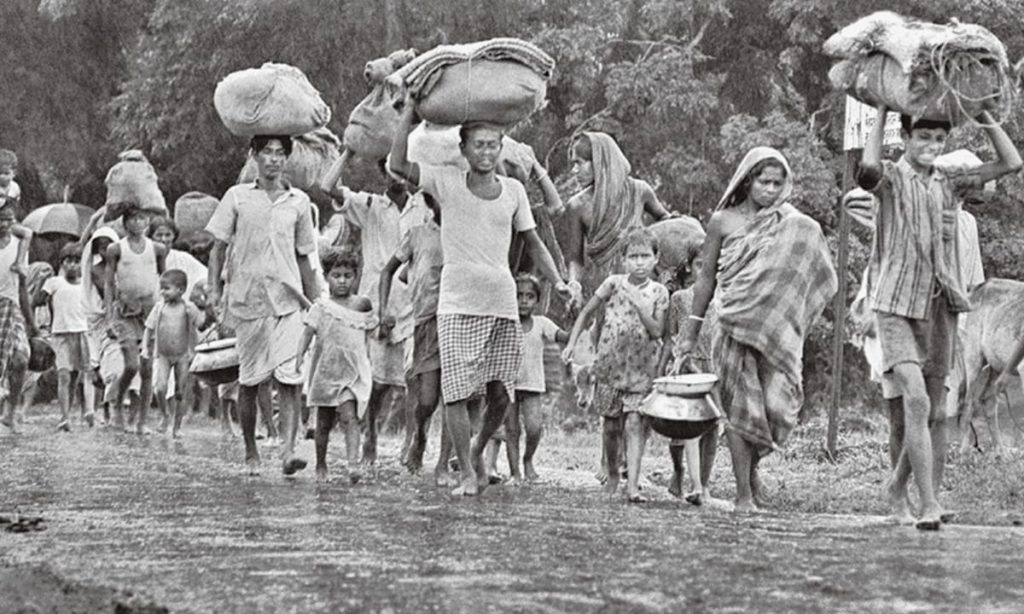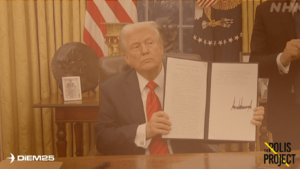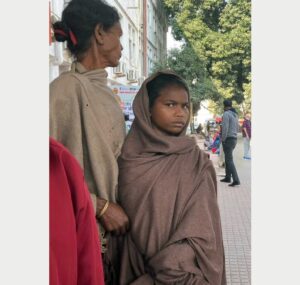

In continuation of our series of interviews on the National Register of Citizens in the Indian State of Assam, Vasundhara Sirnate, Director of Research at The Polis Project, Inc. spoke to Dr. Kaustubh Deka, Assistant Professor of Political Science at Dibrugarh University in Assam.
On 30 July 2018, the Indian Government released an updated National Register of Citizens that catalogued the name of Indian citizens of the northeastern state of Assam. The politics of Assam is linked to the presence of those considered as outsiders. In Assam alone, the numbers given for illegal immigrants is anything between 1.6 million and 5 million. But this figure itself has been a matter of much debate, as has been the categorization of people as natives and outsiders, Assamese and Bangla.
To complicate the matter further, the migrants have been both Muslim Bengali and Hindu Bengali, but it is suspected by many that the current updating of the National Register of Citizens that began in 2014 under an Indian Supreme Court directive, has selectively left out Muslim-Bengali immigrants. The process of providing documentation for the NRC has turned out to be a huge burden for many of the Bengalis, both Hindu, and Muslim, and especially for women as typically in India, women have less documentary proof of their identity than men. But with the burden of proving citizenship on to the very poor, the NRC has been described as an unfair process, which leaves much room for human error and personal prejudice.
By
Refugees seeking shelter in 1971 | Courtesy: The official Mujibnagar website Vasundhara Sirnate: Kaustubh Deka thank you very much for joining us today. Let us start with a very basic question, but one that I suspect will be the most difficult to answer, who is an Assamese? Kaustubh Deka: Well this is one of the most difficult questions that has no easy answer, maybe no answer at all. The question that people are trying to ask today more than who is an Assamese is, who is not an Assamese? Maybe for people today, that’s an important question and this question has been literally driving politics and other kinds of activities in the state for quite long. Remember that this is a question that is not at all new. This goes to a lot of fundamental questions and debates. So, this exercise has suddenly made everybody very aware of this whole…
Related Posts


Donald Trump’s Master Economic Plan I Opinion by Yanis Varoufakis




